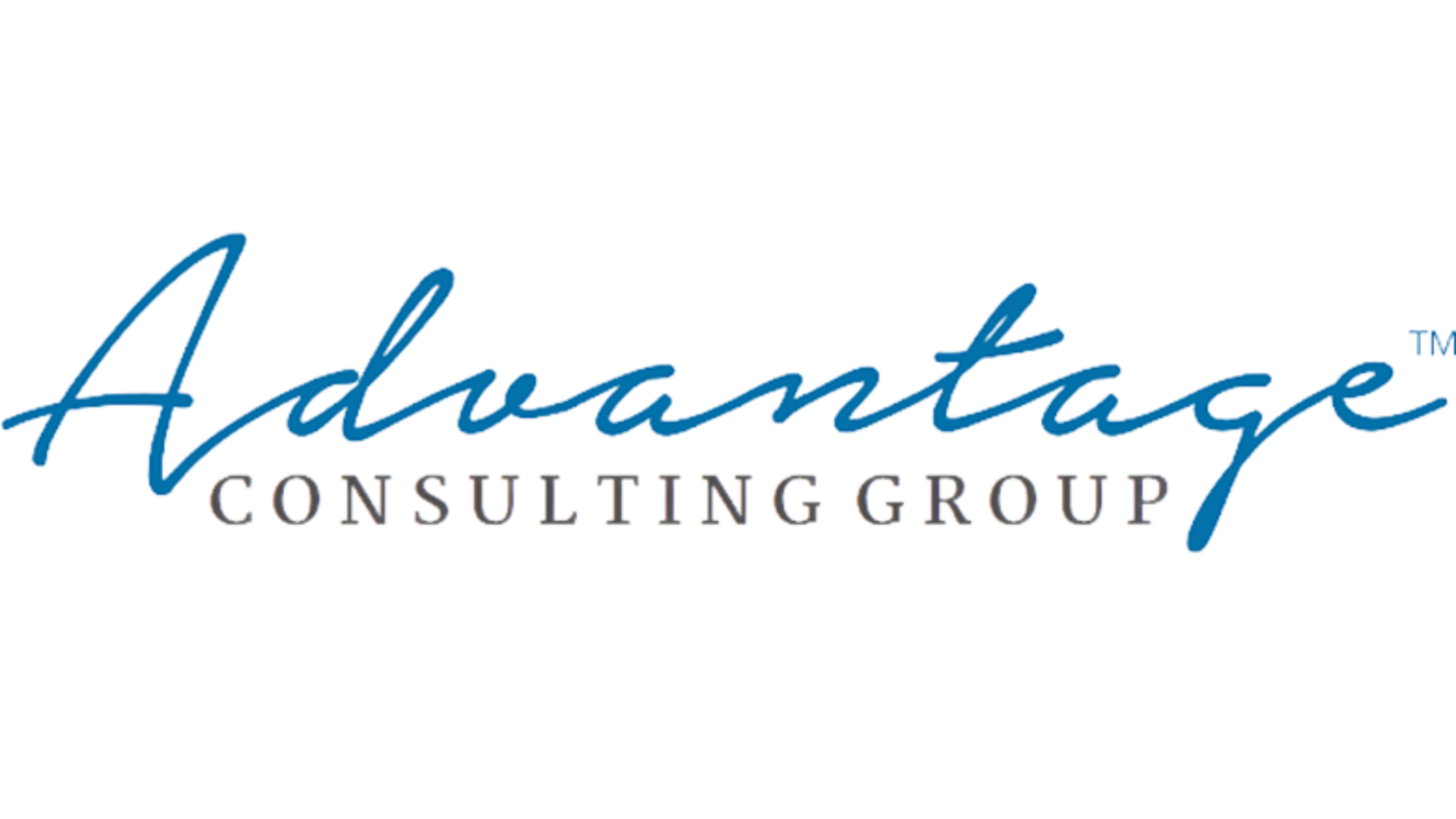The finance industry is evolving rapidly, opening doors for those without traditional academic backgrounds. While it was once thought that a degree was the only way to enter this lucrative field, today’s finance landscape values skills, experience, and adaptability. Whether you're transitioning from another industry or starting fresh, it’s possible to carve out a successful career in finance without a degree. Here's how to approach this exciting challenge.
Self-Education: Your New Curriculum
One of the most critical steps to entering finance without a formal education is self-directed learning. Fortunately, the internet offers a wealth of resources that can help you build the necessary knowledge base. Websites like Coursera, Udemy, and LinkedIn Learning provide courses in financial analysis, accounting, and data interpretation. These platforms allow you to learn at your own pace, focusing on the areas most relevant to your career goals.
Moreover, pursuing certifications like the Chartered Financial Analyst (CFA) or Certified Financial Planner (CFP) can further demonstrate your competence in finance. These certifications are highly regarded in the industry and can often stand in for a degree when applying for jobs. They require dedication and rigorous study, but they can significantly enhance your credibility.
Gaining Real-World Experience: The Power of Practical Application
Experience is invaluable in the finance sector, often holding more weight than a degree. Starting in entry-level positions or internships can provide you with hands-on experience that is critical for understanding the intricacies of finance. Roles like bookkeeping, financial advising assistant, or analyst support positions can give you the exposure needed to build a solid resume.
Volunteering in financial roles for non-profits or small businesses can also be a way to gain practical experience. This hands-on approach allows you to apply the concepts you've learned in real-world situations, helping you build the confidence and expertise needed to advance in the industry.
Networking: Building Your Finance Tribe
Networking is one of the most powerful tools for anyone looking to break into finance without a degree. Building relationships with industry professionals can open doors to opportunities that might not be advertised publicly. Start by attending finance-related events, webinars, and conferences where you can meet and connect with people in the field.
Additionally, social media platforms like LinkedIn are invaluable for networking. Join finance-related groups, participate in discussions, and reach out to professionals for informational interviews. These interactions not only provide insights into the industry but also help you establish connections that could lead to job opportunities.
Transferable Skills: Leveraging Your Unique Background
If you’re coming from a different industry, don’t overlook the power of your transferable skills. Skills like problem-solving, data analysis, project management, and proficiency in software like Excel are highly valued in finance. Tailor your resume to highlight these abilities, and be prepared to discuss how they can apply to the finance sector.
For example, if you have a background in sales, your experience with customer relations and negotiation could be valuable in financial advisory roles. Similarly, a background in IT or data management can be an asset in roles focused on financial analytics or risk management.
Charting Your Own Course
Breaking into finance without a degree might seem challenging, but it’s far from impossible. By focusing on self-education, gaining practical experience, networking, and leveraging your transferable skills, you can build a successful career in finance. The path might be unconventional, but with determination and the right strategy, you can achieve your goals. Advantage Consulting Group understands that every career path is unique and offers support for those navigating non-traditional routes into the finance industry. With perseverance, you can carve out your place in the financial world, regardless of your educational background.


